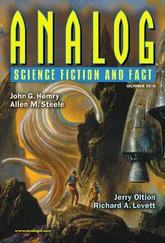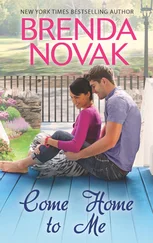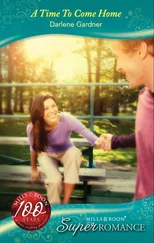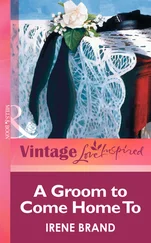Emily Jenkins - Toys Come Home
Здесь есть возможность читать онлайн «Emily Jenkins - Toys Come Home» весь текст электронной книги совершенно бесплатно (целиком полную версию без сокращений). В некоторых случаях можно слушать аудио, скачать через торрент в формате fb2 и присутствует краткое содержание. Год выпуска: 2011, ISBN: 2011, Издательство: Random House Children's Books, Жанр: Старинная литература, на английском языке. Описание произведения, (предисловие) а так же отзывы посетителей доступны на портале библиотеки ЛибКат.
- Название:Toys Come Home
- Автор:
- Издательство:Random House Children's Books
- Жанр:
- Год:2011
- ISBN:978-0-375-89345-2
- Рейтинг книги:5 / 5. Голосов: 1
-
Избранное:Добавить в избранное
- Отзывы:
-
Ваша оценка:
- 100
- 1
- 2
- 3
- 4
- 5
Toys Come Home: краткое содержание, описание и аннотация
Предлагаем к чтению аннотацию, описание, краткое содержание или предисловие (зависит от того, что написал сам автор книги «Toys Come Home»). Если вы не нашли необходимую информацию о книге — напишите в комментариях, мы постараемся отыскать её.
Toys Come Home — читать онлайн бесплатно полную книгу (весь текст) целиком
Ниже представлен текст книги, разбитый по страницам. Система сохранения места последней прочитанной страницы, позволяет с удобством читать онлайн бесплатно книгу «Toys Come Home», без необходимости каждый раз заново искать на чём Вы остановились. Поставьте закладку, и сможете в любой момент перейти на страницу, на которой закончили чтение.
Интервал:
Закладка:
“Sleeping!”
“Sleeping!”
“Sleeping!”
“Sorry to wake you,” says StingRay, without introducing herself. “But my friend here has dread.”
“Sleeping!”
“Sleeping!”
“Sleeping!”
“He wants to sleep. We all want to sleep,” explains StingRay. “But he’s scared of the dark. We have to come here so he can have light without waking the people.”
“Must you have the light on?” asks the towel on the top of the pile. Its terry-cloth corner waggles in irritation.
“Yes, we must!” snaps StingRay. “I just told you he has to have light. The whole reason he came in here was for light!”
“I need light because I have dread,” says Lumphy, turning around three times before lying down in the corner of the closet.
Plastic rolls over and tucks her round body into the curve of Lumphy’s buffalo stomach. She hums, quietly: “Dum da DUM, da dada DUM dum dum, DUM dum dum, DUM dum dum.”
“Do you know the words to that song?” asks Lumphy.
Plastic does not. “I don’t think it has words,” she says. “I think it’s just a hum.”
“Oh, please. Everyone knows the words to that,” says the towel on top.
“True. I know them,” says another towel.
“So do I.”
“So do I.” All the towels agree.
“What are they?” Plastic wants to know.
“Oh, the more we get together,
Together,
Together,
The more we get together
The happier we’ll be.”
The towels’ voices merge in silky harmony, not loud enough to wake the people, but loud enough to fill the small bright linen closet with music.
“Party party party!” says Plastic.
“ ’Cause your friends are my friends
And my friends are your friends,
So the more we get together,
The happier we’ll be!”
The second time around, Plastic and StingRay join in. As she sings, StingRay scoots over to Lumphy and taps him gently with the tip of her tail.
“Lumphy,” she whispers, as the towels stop singing and begin an argument as to whether they should next do “Goodnight, Irene” or “Michael, Row the Boat Ashore.”
“Yes?” The buffalo is calm now, but his eyes are still wide open and his mouth is twisted in anxiety.
“I figured out the answer,” says StingRay. “To Plastic’s question.”
“You did?” asks Lumphy.
“You did?” asks Plastic.
“Yes,” says StingRay, proudly.
“What is it?” asks Lumphy.
“Why are we here?” asks Plastic.
“We are here,” says StingRay, “for each other.”
Oh.
Of course we are.
Of course we are here for each other.
“For each other! For each other!” cries Plastic, bouncing up. “You found the answer!”
Lumphy feels the agony and the tension rush out of his buffalo body.
We are here for each other. StingRay is right.
The toys have been here for each other. And they will be.
The dread is gone.
StingRay tucks herself up against Lumphy, tummy touching tail. The two of them watch Plastic roll happily in circles.
“You can turn the light off now,” says Lumphy. “I think I can sleep.”
So Plastic bounces the light switch, and comes to rest by Lumphy’s head.
The towels sing, “Hallelujah.”
And the toys are there for each other, in the bottom of the linen closet, at the end of the hallway.
In the Girl’s house. In the night. In the town.
On the continent, on the planet.
In the universe.
Together.
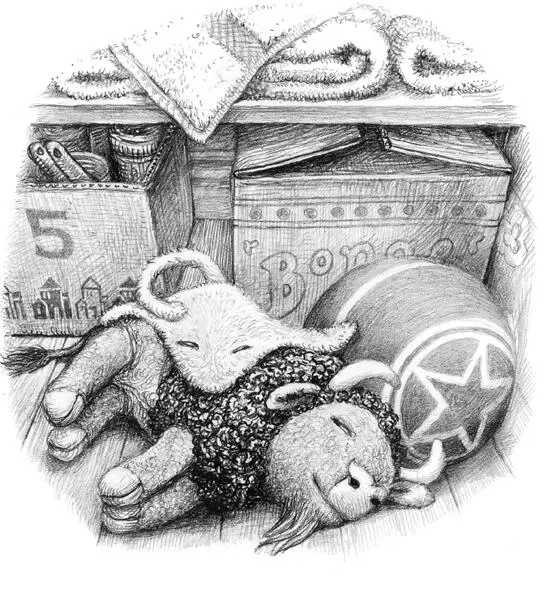
Author’s Note

Thanks, first, to all the children who asked me what happened to Sheep’s ear. Here is your answer.
The events in Toys Come Home occur before the events in Toys Go Out and Toy Dance Party, but this book was written last. I suspect the stories are best read in the order they were written, rather than chronologically, but I leave the choice to the readers.
Some references:
The story about the cat and the doll who live in the tree with the large collection of hats is Fletcher and Zenobia by Victoria Chess and Edward Gorey. It is a favorite of mine and long out of print. The song about glorious mud is “The Hippopotamus Song,” originally by the comedy team Flanders and Swann and more recently recorded by John Lithgow. Sheep’s “nom nom nom nom nom nom nom nom” chewing sound comes from the insanely popular YouTube video of that name by Parry Gripp (safe for all ages). Pumpkinfacehead is modeled on the cat Mungo Kotis, who terrorized and charmed our family when we sublet his apartment one summer.
The unbelievably talented Paul O. Zelinsky came up with the phrase “wise old towel,” which I steal here. Plus he draws all my characters exactly the way they appear in my imagination, only better. Many thanks to Anne Schwartz for her most excellent editing and support of my work. Also to Lee Wade, Rachael Cole, Emily Seife, Adrienne Weintraub, Chip Gibson, Lisa Nadel, Lisa McClatchy, Kathleen Dunn-Grigo—and everyone else who works on my books at Random House.
My gratitude to Libba, Ayun, Robin, Scott, and Maureen for their company as I wrote this book. Likewise to Bob, for online support and shoptalk. And thanks to Elizabeth Kaplan and Melissa Sarver for representing me so well.
Thanks to Ivy for the name Bobby Dot. It was originally the name of a beloved plush Christmas elf she covered with Band-Aids. I am sorry I gave it to such a horrid walrus. Thanks also to Ivy for listening to the first draft with such enthusiasm and intelligence.
The songs the towels sing are all folk songs my family enjoys singing together. My biggest debt goes to them.
The family. Not the towels.
ABOUT THE AUTHOR

Emily Jenkins is the author of many books for children, including Toys Go Out and its sequel, Toy Dance Party. Toys Go Out was hailed as “ideal bedtime reading” by the Wall Street Journal and “a classic in the making” by the San Francisco Chronicle. Emily’s other books include Skunkdog, Sugar Would Not Eat It, and The Little Bit Scary People. That New Animal and Five Creatures each received a Boston Globe–Horn Book Honor.
Visit her at emilyjenkins.com.
ABOUT THE ILLUSTRATOR

Paul O. Zelinsky’s retelling of the classic fairy tale, Rapunzel, was awarded the 1998 Caldecott Medal. He has also received three Caldecott honors, for Hansel and Gretel, Rumpelstiltskin, and Swamp Angel. Mr. Zelinsky also illustrated the New York Times notable picture book, Dust Devil , a sequel to Swamp Angel . Mr. Zelinsky is the creator of two pull-tab books: the hugely popular Wheels on the Bus and Knick-Knack Paddywhack!, a New York Times Best Illustrated Book. His illustrations for Toys Go Out were called “superlative” by Kirkus Reviews. He lives in Brooklyn, New York.
Visit him at paulozelinsky.com.
Интервал:
Закладка:
Похожие книги на «Toys Come Home»
Представляем Вашему вниманию похожие книги на «Toys Come Home» списком для выбора. Мы отобрали схожую по названию и смыслу литературу в надежде предоставить читателям больше вариантов отыскать новые, интересные, ещё непрочитанные произведения.
Обсуждение, отзывы о книге «Toys Come Home» и просто собственные мнения читателей. Оставьте ваши комментарии, напишите, что Вы думаете о произведении, его смысле или главных героях. Укажите что конкретно понравилось, а что нет, и почему Вы так считаете.

